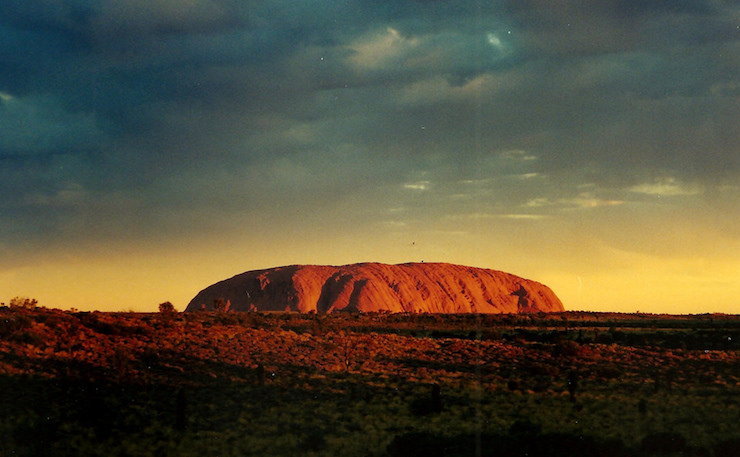An Aboriginal body must have the power to direct, not advise, writes Michael Mansell.
The recent Uluru Summit endorsed a national ‘voice’ to be secured in the constitution. No doubt remembering how Howard and the ALP collaborated to dump the Aboriginal and Torres Strait Islander Commission (ATSIC) in 2004, Uluru delegates felt that any new body should be protected through the constitution against similar action. Hence the call for a referendum.
That proposal looks dead in the water.
In the meantime, somehow, this ‘voice’ came to be defined as an advisory body.
A ‘voice’ can be an indigenous decision maker, or one that advises non-indigenous decision makers. A decision-making Aboriginal body requires legislation to establish it and lay down what it can do. On the other hand, advisory bodies can be set up by the stroke of a minister’s pen. There are many indigenous advisory bodies around the country. The federal hand-picked Indigenous Advisory Council is an example.
Advocates for a constitutionally entrenched advisory body believe constitutionalising the body elevates its standing and guarantees its potency. They ignore the reality that it is an advisory body, no matter how it is set up. Even then, a successful referendum does not establish the advisory body – it merely authorises the parliament or government to establish it.
Some believe that getting the right words in the constitution will force governments to establish, fund and listen to an advisory body. Precedent says otherwise.
Section 101 of the constitution provides ‘There shall be an Inter-State Commission…’ The words could not be plainer. They seemingly impose on governments and parliaments an obligation to ensure the Commission operates. Yet no such commission exists. Parliament cannot be forced to use a constitutional power it has been given. Nor can a government be coerced, in the absence of legislation forcing its hand, to fund an advisory body or take any notice of it.
A lot of time and energy is wasted trying to protect Aboriginal bodies against government abuse of power. The task is hopeless. Look at the NT intervention.
Parliamentary supremacy means the whole of Australia’s political decision-making vests in State and Federal parliaments. The constitution divides up powers between these parliaments.
The constitution is no human rights document. No single constitutional change for an Aboriginal voice will alter the power arrangements. Nor could it prevent governments from supporting or dumping Aboriginal entities. So why not just accept the limits and get on with the business?
If it is better to have a Voice that decides policy instead of advising on policy, what decisions might it make? A national indigenous decision-making Voice can feasibly take charge of Aboriginal affairs. By agreement, government can be eased out of policy and funding decisions.
Effectively, a new Aboriginal body could replace the government’s Office of Indigenous Policy Co-ordination. This Voice could lobby for designated seats in parliament, and a makarrata.
Although governments would retain their power of veto over things the body might do, left to its own devices, the body could decide its own composition, establish its own priorities in health, housing, employment and increase indigenous land ownership.
It could resolve native title disputes and broker relations with governments on indigenous issues. It could argue for a guaranteed revenue base to support its priorities (3% of GDP would currently amount to about $60 billion, nearly twice the size of the existing allocation).
Of course, none of this would stop a government in the future from dumping the whole arrangement. Short of Aborigines establishing an independent nation, over which Australia would have no authority, or an Aboriginal 7th State, the latter of which the constitution protects against State or Federal interference, we have to make the best of what is available.
Ironically, the bigger picture possibilities of an independent nation or a 7th State do not require a referendum. They are established by simple legislation.
Donate To New Matilda
New Matilda is a small, independent media outlet. We survive through reader contributions, and never losing a lawsuit. If you got something from this article, giving something back helps us to continue speaking truth to power. Every little bit counts.





